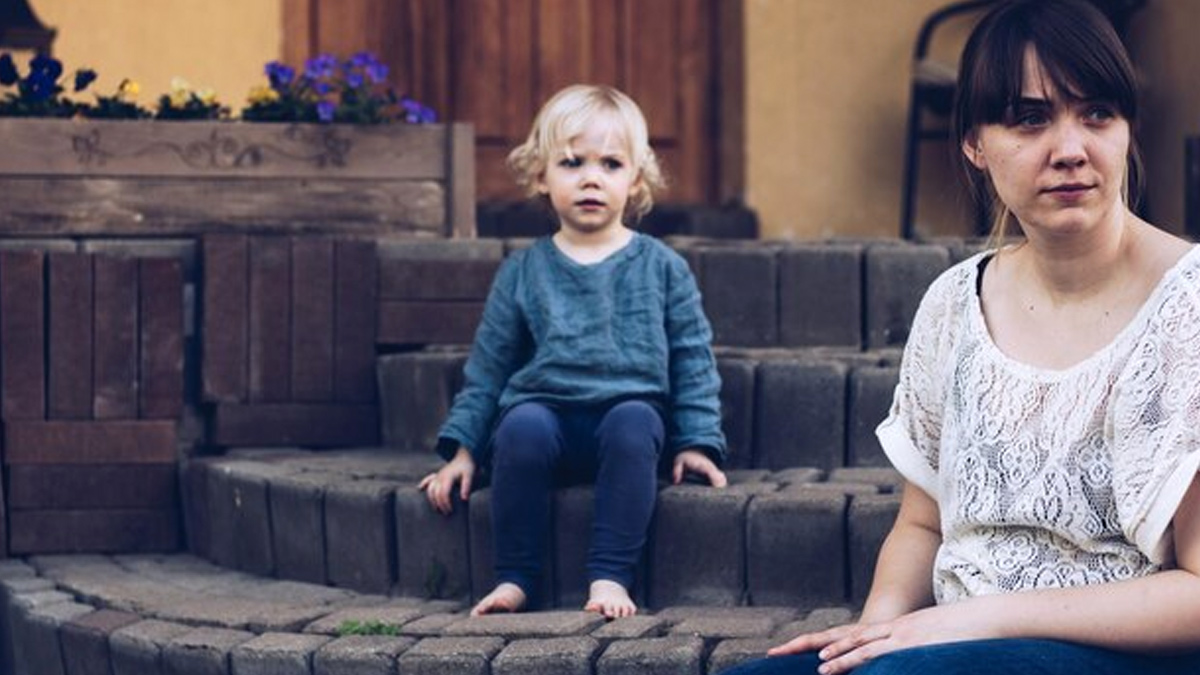
Becoming a mother can be both joyful and overwhelming. However, the excitement of a new baby is overshadowed by feelings of sadness, anxiety, or exhaustion for many. Postpartum depression (PPD) goes beyond the typical 'baby blues' and, if left untreated, can seriously affect a mother's health, relationships, and her child's development. Unfortunately, many women don't realise they have PPD or feel afraid to seek help. We spoke to our expert Dr Neerja Agarwal, Rehabilitation Psychologist and Co-Founder, Emoneeds, who explained the impact of untreated PPD and how to help mothers get the support they need to recover and thrive.
Table of Content:-
CHECK YOUR
MENTAL HEALTH

Impact Of Undiagnosed Or Untreated Postpartum Depression

Postpartum depression (PPD) is a serious mental health condition that affects about 10% of women globally after giving birth. In countries with lower incomes, this number can rise to as high as 40%.
While many new mothers experience "baby blues," postpartum depression is more severe and long-lasting, often leading to significant consequences for both the mother and her family when left undiagnosed or untreated. Shockingly, undiagnosed PPD is observed in 50% of mothers, as stated in BMC Public Health.
Deterioration of Mental Health
When PPD goes untreated, the mother’s mental health can rapidly decline. Symptoms, such as sadness, desperation, anxiety, and irritability begin to take a toll, worsening over time. "Mental instability becomes more prominent, leading to severe emotional distress. Women may feel increasingly isolated, experience changes in appetite and sleep patterns, or struggle with low energy," said Dr Agarwal.
If it is left unaddressed, these symptoms can escalate, causing thoughts of self-harm or even suicide. The longer PPD is left untreated, the more difficult it becomes to manage, placing women at major risk for chronic depression and other mental health disorders.
Also Read: Postpartum Depression: Expert Lists Its Symptoms, Risk Factors, And Importance Of Seeking Support
Strained Relationships

PPD not only affects the woman herself but also has a profound impact on her personal relationships. "Marriages often face tension as a result of untreated PPD, with the emotional and mental distance causing significant strain. Partners may struggle to understand what the new mother is going through, leading to communication breakdowns and resentment," highlighted Dr Agarwal.
Moreover, PPD can deeply impact the bond between mother and child, with mothers finding it difficult to form strong emotional connections with their babies. The lack of bonding may have lasting effects on both the mother’s emotional well-being and the child's development.
Impaired Child Development

"Children born to mothers suffering from untreated PPD face challenges in their development. The quality of the mother-infant connection is often compromised due to the mother's inability to engage emotionally or physically," explained Dr Agarwal.
"Research shows that the social, behavioural, and cognitive development of these children can be severely affected. For instance, children may exhibit delays in language development, have trouble forming relationships, or show behavioural issues in early childhood," said Dr Agarwal.
As they grow older, these children are also more likely to suffer from emotional and social problems, increasing their risk of anxiety and depression in the future.
Also Read: Mothers Dealing With Postpartum Depression Can Benefit From Sound Therapy, Expert Weighs In
Overwhelming Social and Cultural Stigma
One of the main barriers preventing women from seeking help for PPD is the stigma surrounding mental health, particularly in low-income and culturally conservative societies. "Women experiencing postpartum depression in these regions often feel immense pressure to meet the expectations of motherhood. While their struggles with mental health are overlooked or dismissed as normal post-birth exhaustion," highlighted Dr Agarwal.
In India, for example, a 2021 study shows that the prevalence of postpartum depression ranges from 6.8-21.5%. Yet many mothers go undiagnosed due to social stigma and lack of awareness.
The cultural emphasis on a mother’s duty to nurture her child may lead to shame or guilt, deterring women from seeking the treatment they desperately need. “Therefore, addressing postpartum depression is critical, not only for the well-being of the mother but for the health of the family as a whole. Raising awareness, removing stigma, and providing accessible treatment are key steps toward ensuring that no mother has to suffer in silence,” concluded Dr Agarwal.
[Disclaimer: This article contains information provided by an expert and is for informational purposes only. Hence, we advise you to consult your own professional if you are dealing with any health issues to avoid complications.]
Also watch this video
How we keep this article up to date:
We work with experts and keep a close eye on the latest in health and wellness. Whenever there is a new research or helpful information, we update our articles with accurate and useful advice.
Current Version